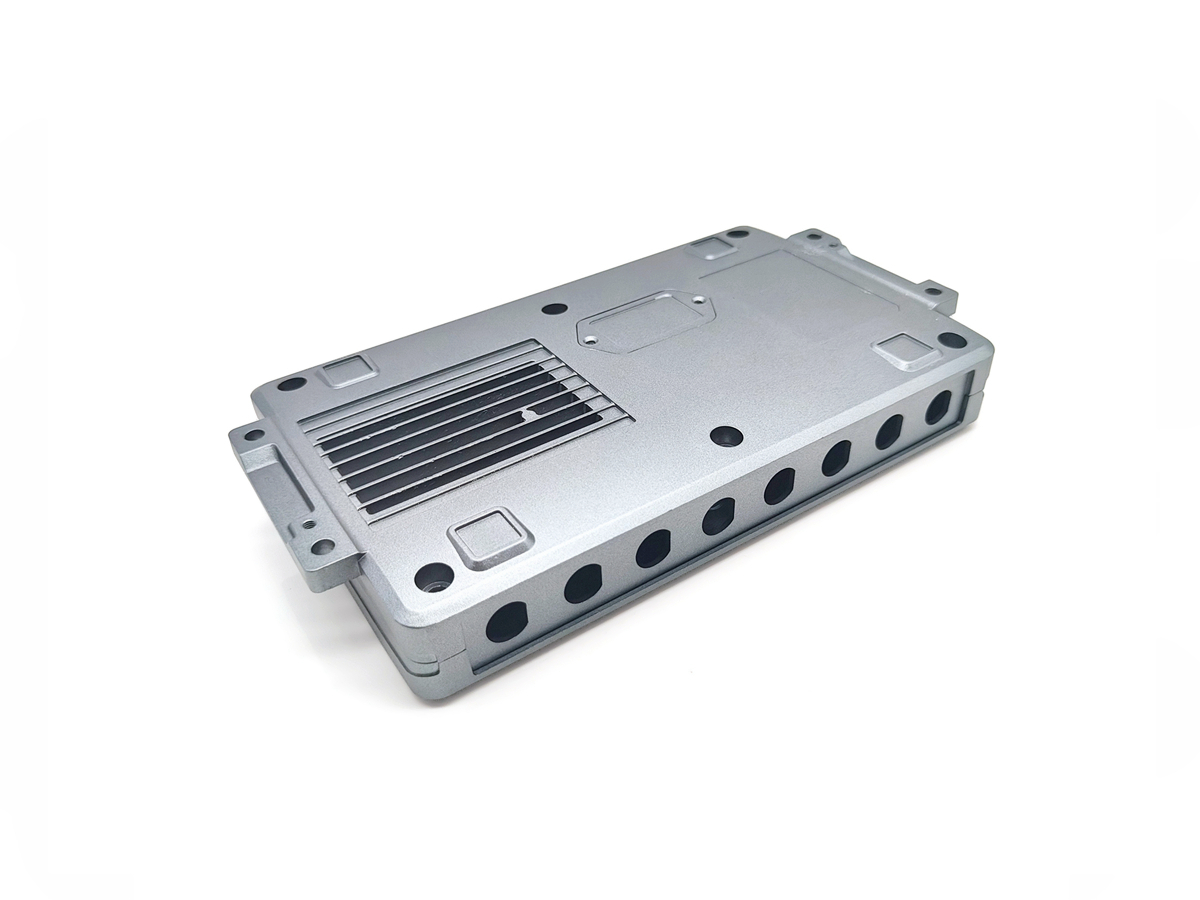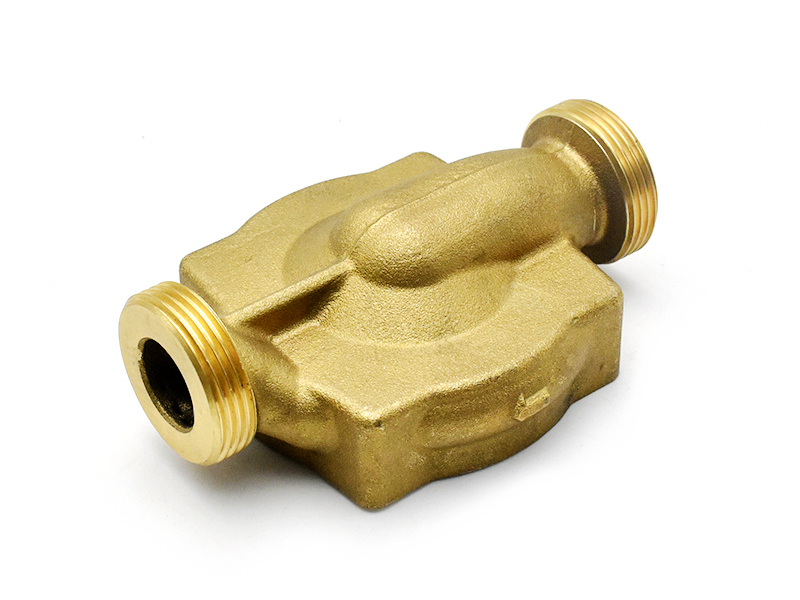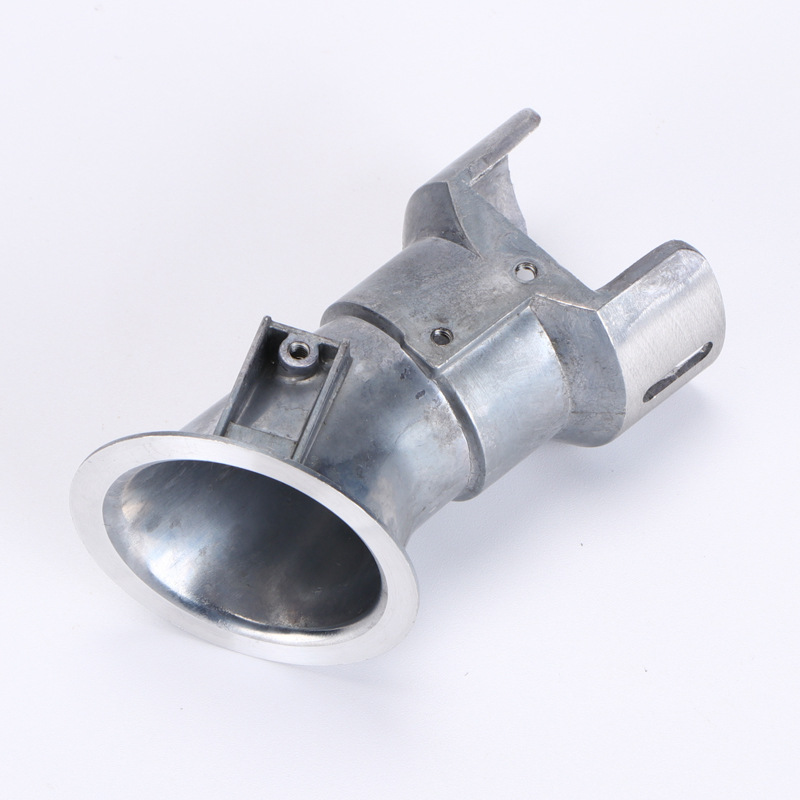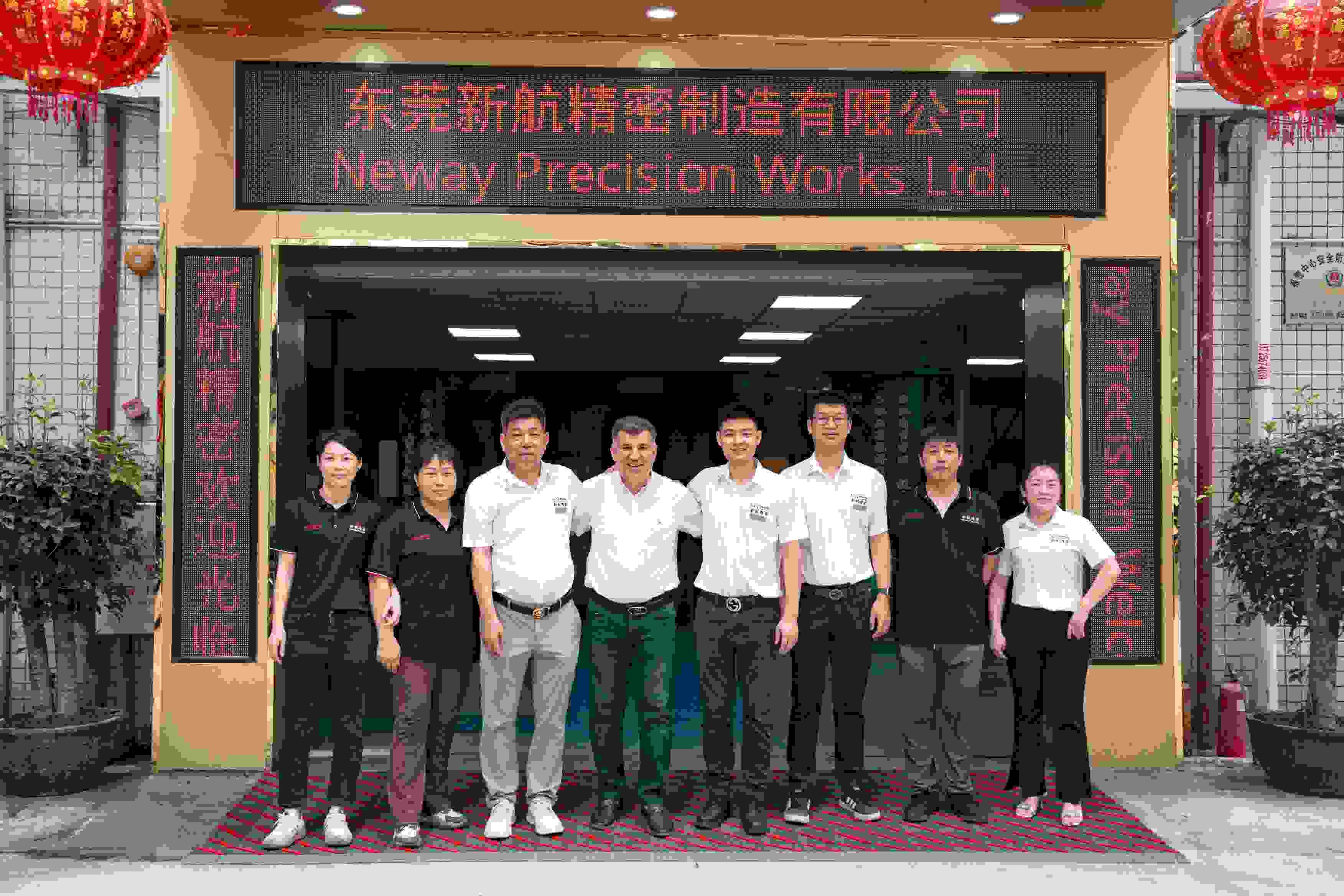CuNi30Fe1
Introduction to CuNi30Fe1 Copper Alloy
CuNi30Fe1, also known as Copper Nickel 30 Iron 1 (CuNi30Fe1), is a copper-based alloy that combines high strength, excellent corrosion resistance, and good mechanical properties. This alloy is particularly well-suited for applications that demand both strength and resistance to seawater corrosion, making it ideal for high-performance tooling, die casting components, and marine environments. The alloy's resistance to oxidation, wear, and fatigue makes it an excellent choice for die casting applications where durability and longevity are essential.
At Neway Die Casting, CuNi30Fe1 is used in high-performance tooling and casting components, particularly in aluminum and zinc die casting molds where enhanced corrosion resistance and mechanical strength are crucial.
CuNi30Fe1 Copper Alloy Chemical Composition (Typical)
Element | Weight % | Function |
|---|---|---|
Copper (Cu) | Balance | Base material providing high thermal and electrical conductivity |
Nickel (Ni) | 28–32 | Provides high strength, corrosion resistance, and resistance to oxidation |
Iron (Fe) | 0.8–1.2 | Improves strength and wear resistance, enhances resistance to fatigue |
Manganese (Mn) | ≤ 0.5 | Improves toughness and grain refinement |
Silicon (Si) | ≤ 0.3 | Enhances casting properties and strength |
Other (Zn, Pb) | Trace | Controls for alloy balance and impurity minimization |
CuNi30Fe1’s high nickel content contributes to its excellent corrosion resistance, especially in seawater, and its ability to resist high-temperature oxidation and wear.
Physical Properties of CuNi30Fe1 Copper Alloy
Property | Value & Unit |
|---|---|
Density | 8.9 g/cm³ |
Thermal Conductivity | 50 W/m·K |
Electrical Conductivity | ~30 % IACS |
Coefficient of Thermal Expansion | 16.5 µm/m·°C |
Melting Point | ~1083 °C |
Specific Heat Capacity | ~380 J/kg·K |
The high density of CuNi30Fe1 and its favorable thermal conductivity make it ideal for components requiring both strength and heat dissipation.
Mechanical Properties of CuNi30Fe1 Copper Alloy (Annealed Condition)
Property | Typical Value & Unit |
|---|---|
Tensile Strength | 550–800 MPa |
Yield Strength | 450–600 MPa |
Hardness | 85–105 HB |
Elongation | 20–30 % |
Modulus of Elasticity | ~110 GPa |
These mechanical properties ensure that CuNi30Fe1 performs well under thermal and mechanical stress, making it an ideal choice for tooling and die casting applications involving repeated thermal cycling and high pressures.
Die Casting and Tooling Applications for CuNi30Fe1
CuNi30Fe1 is primarily used in die casting and tooling applications that require a combination of high strength, corrosion resistance, and wear resistance:
Die Casting Molds: CuNi30Fe1 is used to manufacture core pins, gate inserts, and ejector pins for aluminum and zinc die casting molds, where high strength and resistance to thermal cycling are essential for mold durability.
Tooling Components: CuNi30Fe1 is ideal for casting dies, sliders, and core inserts exposed to high thermal and mechanical stress in die casting processes.
Marine Components: The alloy’s excellent resistance to seawater and corrosive environments makes it suitable for marine and offshore applications, such as seawater pump components and valves.
Electrical Contacts: CuNi30Fe1 is also used in high-performance electrical connectors and terminals, where both strength and excellent conductivity are required.
At Neway Die Casting, CuNi30Fe1 produces precision mold inserts and tooling components in die casting operations, offering high mechanical performance and resistance to corrosion and wear.
Common Applications
CuNi30Fe1 is used across multiple industries due to its excellent combination of mechanical and corrosion-resistant properties:
Die Casting: Gate inserts, core pins, cavity inserts, and ejector pins for aluminum and zinc die casting molds
Marine: Components exposed to seawater such as valves, pump parts, and corrosion-resistant tooling
Electrical: High-performance electrical connectors, terminals, and contacts
Aerospace and Automotive: Engine parts, turbochargers, and exhaust components requiring high thermal resistance and strength
General Industrial Applications: Parts used in high-stress environments requiring good wear and corrosion resistance
Machining and Processing CuNi30Fe1
CuNi30Fe1 is relatively easy to machine compared to other high-strength copper alloys, but its hardness requires specific machining techniques:
Cutting Tools: Carbide tools or high-speed steel are recommended for precision machining of CuNi30Fe1.
Cooling: Adequate cooling is necessary during machining to prevent overheating and ensure high-quality surface finishes.
Surface Finishing: C18200 can be polished to a high gloss for optical-grade surfaces or for applications requiring tight dimensional tolerances.
At Neway, we utilize CNC machining, EDM, and grinding to produce intricate and high-precision tooling components using CuNi30Fe1.
Surface Treatment Compatibility
CuNi30Fe1 can undergo a variety of surface treatments to further enhance its properties:
Electroplating: CuNi30Fe1 can be plated with materials such as nickel or chrome to improve corrosion resistance, especially in marine applications.
PVD Coatings: Titanium nitride (TiN) or similar coatings can be applied to enhance wear resistance, particularly in high-abrasion areas such as gate inserts.
Nitriding: Increases surface hardness while maintaining the strength of the core, ideal for high-stress applications like die casting.
These treatments help improve the alloy's performance and extend the lifespan of tooling components.
FAQs
How does CuNi30Fe1 compare to other copper alloys in terms of corrosion resistance?
Can CuNi30Fe1 be used for high-temperature applications such as hot forging or extrusion?
What is the maximum operating temperature for CuNi30Fe1 in die casting applications?
Is CuNi30Fe1 suitable for plastic injection molding applications as well as die casting?
How does the addition of nickel and iron affect the mechanical properties of CuNi30Fe1?



